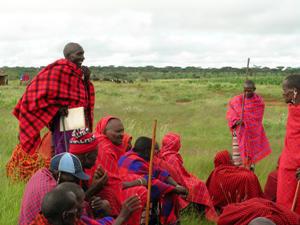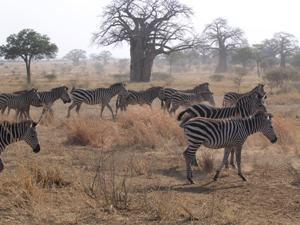Hassan Sachedina
Conservation and forced migration: the use of traditional medicine by refugees in East Africa

During the forced migration process, refugee populations worldwide fall vulnerable to malnutrition, and a range of health complications such as communicable disease. In many of their societies of origin, traditional medicine has a strong place in domestic and community healthcare. In refugee situations, large numbers of displaced people exert pressure on the environment, including the demand for medicinal plants.

Literature on refugee health and conservation does not address traditional medicine, though reports indicate that use is common within refugee populations. This project will conduct a survey in Kakuma Refugee Camp, Kenya on the extent of traditional medicine use and the availability of common medicinal plants, with a view to proposing combined conservation and bio-enterprise strategies.